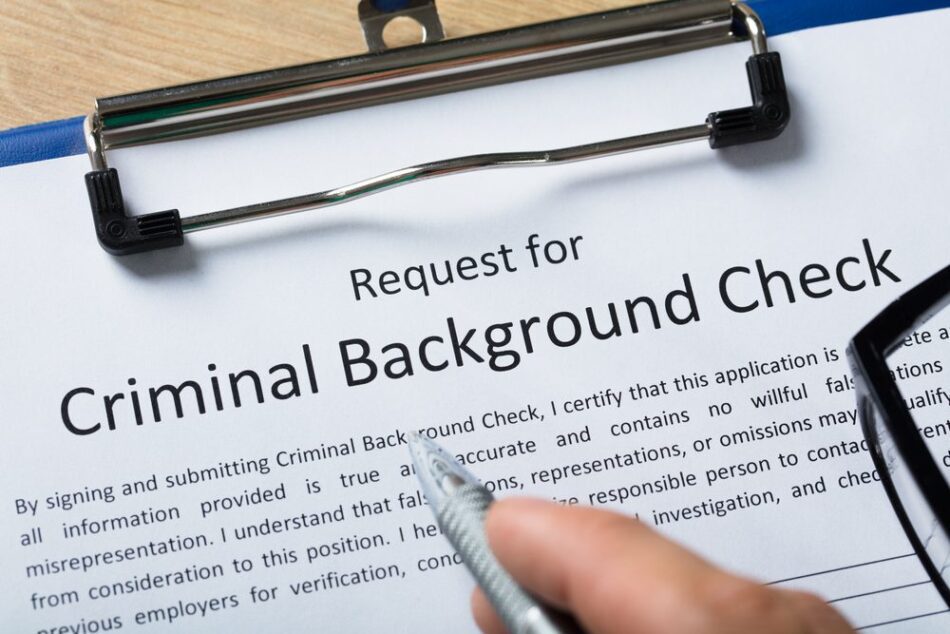Ban The Box – Does It Affect You?
Although the ban-the-box campaign is well-known among hiring professionals, there are many employers who are not familiar with it. As such, any impact it may have on their hiring process may not be fully understood. Having an understanding of what ban the box is, how it came about, and what it means for your hiring process is becoming increasingly important. Staying current on federal, state and local laws regarding ban the box is valuable information for all employers in this fluid and evolving area of employment screening.
It may be helpful to understand who is involved in this movement and what are its goals. The ban-the-box movement is run by advocates for those with criminal records seeking employment. It’s intended to decrease discrimination against ex-offenders who are applying for a job, by eliminating the question, or check box, on a job application that asks about criminal history. When ban the box is in place, it reduces an employer’s knowledge of criminal records until later on in the hiring process. An applicant is therefore able to receive a fair shot at being hired. The individual is provided a fresh opportunity to highlight their qualifications and skill set, instead of being immediately ruled out of the selection process. The ban-the-box campaign rests on the idea that any obstacles that prevent ex-offenders from gaining employment, makes it likely they will reoffend. This in turn, is bad for society as a whole.
It may surprise some to know that although ban the box may seem like a more recent movement, it actually began over two decades ago. The first ban-the-box law was passed in Hawaii in 1998. At the time, people with previous criminal records were having trouble finding employment. It was believed that this inability to secure a job would lead to reoffending and higher rates of recidivism. The law was intended to integrate ex-offenders back into the work force. It should be no surprise then to know Hawaii has the strictest ban-the-box law in the country. It applies to public and private sector hiring, requiring employers to extend a conditional offer of employment before inquiring into and considering an applicant’s criminal history. Additionally, in September 2020 Hawaii updated the law with Act 051, which stipulates the purpose of the Act is to limit convictions that may be used in employment decisions…“to felony convictions that occurred in the most recent five years and misdemeanor convictions that occurred in the most recent three years.”
Following Hawaii’s first ban the box law passage in 1998, the national campaign for change began in 2004. Since then, 36 states and 150 cities and counties have adopted a ban-the-box policy. These fair-chance-hiring policies can vary widely from place to place. Differences in policies include: the types of employers and jobs that are covered, what stage an employer can inquire about an applicant’s criminal history, and to what extent criminal records can be utilized when making decisions on offering employment.
Staying up-to-date on fair-chance-hiring legislation is essential. As the ban-the-box movement continues to gain steam more states are adopting laws that apply to both public and private employers. The patchwork of laws means compliance is becoming increasingly challenging so doing a little research on your end will go a long way. NELP (National Employment Law Project) provides assistance with an integrative map along with a ban-the-box state and local guide that’s useful. Always remember to consult with your legal counsel and make sure you have an experienced employment screening provider that remains up-to-date on all fair chance hiring laws.
When your business needs assistance with employment screening, criminal checks, FCRA compliance, drug screening, education and employment verification, driving records (MVR), credit checks or social security number validation, contact the Swailes Background Team to get quickly signed up.

